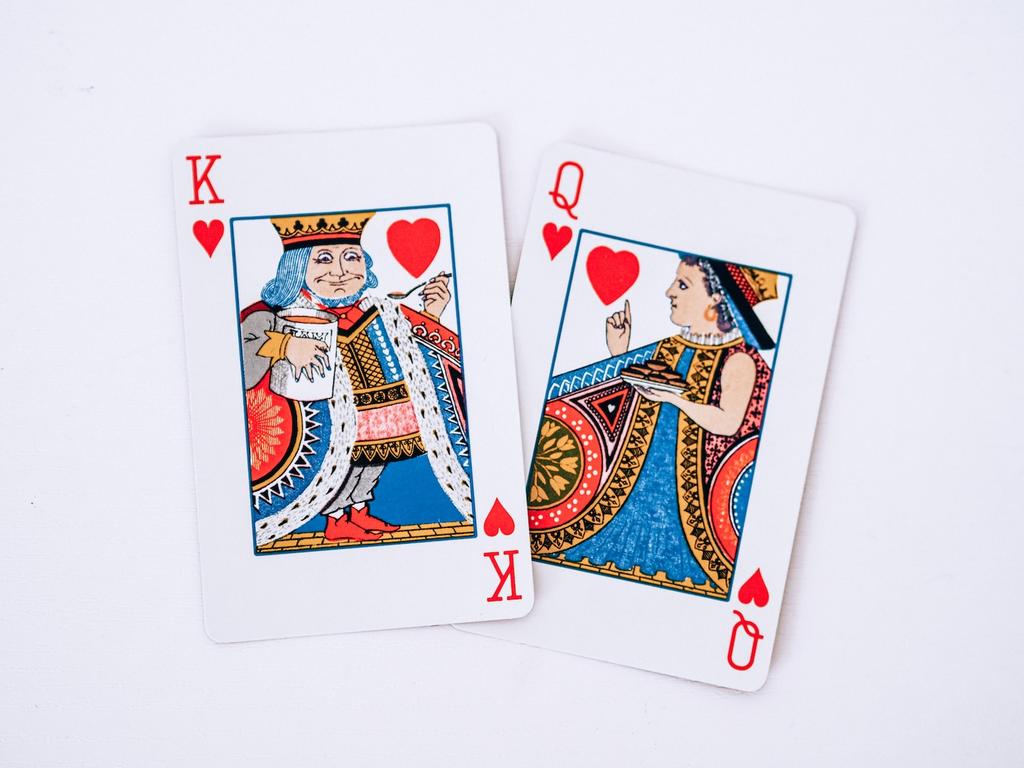The Coronation: Royal Philanthropy, HM King Charles III and The Big Help Out
4 May 2023 | By Lucy Pratt

Royal philanthropy has a long history – the first recorded Royal patronage was of the Society of Antiquaries, supported by King George II in the seventeenth century. It would later grow in importance between 1914-18; in the wake of the economic slump that followed the Wall Street Crash of 1929, the Windsors supplied unemployed men and their families (many of whom had lost their breadwinner wage packets overnight) with relief funds.
Today, charity is an established element of royal duty. Indeed, whilst the British Royal Family has no legal obligation to support causes in the public interest, many believe that, as the beneficiaries of unearned privilege, they have a moral obligation to do so. The late Elizabeth II set a new a precedent in this regard, supporting hundreds of British charities to raise £1.4 billion during her reign, which is more than any other monarch in history. Ahead of HM King Charles III’s coronation this weekend, we explored his charitable endeavours to date and how the coronation’s event agenda might cement his focus areas as king.
For more than 40 years, King Charles has been a leader in identifying charitable needs and establishing organisations that can work to meet them. The King has been instrumental in initiating more than 20 charities over 40 years, including The Prince's Trust, The Prince's Foundation and The Prince of Wales’s Charitable Fund (PWCF). These alone have had a significant impact:
- To date, The Prince’s Trust has helped over 875,000 disadvantaged young people into employment or business.
- The Prince’s Foundation has involved over 8,000 people in designing 100+ capital projects across the UK – from universities to hospitals.
- Since it was established 40 years ago, PWCF has awarded grants of more than £70 million to charitable projects in the UK and overseas.
Charles’ personal interests in the environment, architecture and the arts are evident in his charitable endeavours:
- The Prince’s Countryside Fund aims to support family farms and rural communities. Founded in 2010, The Prince’s Countryside Fund has invested more than £10 million in more than 400 projects since its foundation.
- The Prince’s Drawing School was founded with the aim of providing a space for expert teachers to students to explore their creativity.
- Dumfries House, an eighteenth-century Scottish estate was saved by Charles, it now offers training opportunities for young people in traditional skills and crafts.
- To commemorate 60 years since his mother’s coronation, His Majesty campaigned to nurture 60 wildflower meadows in 2013.
- When he took over the management of Sandringham Estate in 2017, The King introduced organic farming practices to this estate too, offering it as a sanctuary for the release of chicks of the endangered curlew.
Charles has also shown his charitable commitment in a more personal capacity. Aware of the cost-of-living crisis in the United Kingdom, the King and Queen Consort have sought to highlight charities that provide relief for people’s basic needs, raising thousands for communities across the UK.
When Queen Elizabeth II died, many financial contributions in her memory came in from around the world, which King Charles used to donate to the Fuel Bank Foundation. These funds, alongside the King’s own personal donation via the PWCF have enabled the Foundation to provide emergency help to people living without heat, light and power.
"We are extremely grateful for the kind and generous donation from His Majesty the King. The money will be used to help keep vulnerable people warm this winter, offering some physical and mental respite from the challenges posed by the energy and cost-of-living crisis."
Matthew Cole, Head of Fuel Bank Foundation
At the end of the 2022, Charles also donated one million pounds to The Felix Project, earmarking the money to buy refrigerators and freezers for area food banks.
“I find myself born into this particular position. I'm determined to make the most of it. And to do whatever I can to help. And I hope I leave things behind a little bit better than I found them.”
HM King Charles III
King Charles’ charitable efforts are also set to evolve as he begins his reign. According to his Christmas speech in 2022, charitable organisations “which do such extraordinary work in the most difficult of circumstances” will remain an integral part of his focus.
Though, as King, it will no longer be possible for him to give so much of his time and energy “to the charities and issues for which I care so deeply”, Charles’ has developed a legacy of unwavering commitment to charitable causes that will undoubtedly sustain.
It is fitting, as such, that charity and ‘giving back’ have been incorporated into King Charles III’s coronation weekend. The Big Help Out, which is organised by The Together Coalition will occur on the Bank Holiday Monday after the coronation and will encourage people to get involved with local volunteering initiatives across the country. The Big Help Out feels timely. After all, countless reports have announced the value of volunteering, both for individual wellbeing and community buoyancy. However, it seems less and less people are engaging in voluntary work – it is at a historic low in England. In 2021-22, 34% of the country volunteered at least once a month, down from 41% the year before and 44% in 2013-14. Further surveys found that only 13% of people have volunteered in the last year, compared with 17% pre-pandemic; in numbers, this is about 1.6 million fewer people volunteering over the past five years. There is hope that The Big Help Out could instigate a resurgence in volunteer figures.
However, the weekend’s event agenda has been received with some criticism. Some find discomfort in being urged to volunteer their time for free by an individual with multi-millions in wealth, over the course of the Coronation, which is estimated to have cost £100 million (an official budget for the coronation has not been made public, but estimates have estimates put the cost of the coronation at around this figure). This is further exacerbated by the current economic landscape in Britain, where so many are currently struggling with the cost-of-living.
This is not to say that the monarchy is of a net cost to the country – reports from 2019-20 found that 3,285,000 people visited the official residences, generating approximately £49,859,000…* On top of this income from ticket sales, these various residences also sell souvenirs, trinkets, hampers and publishing. From a retail perspective, gift shop sales of the royal collection made £19,983,646 in a single year. The monarchy is criticised by many in the UK for the money it takes out of the country, but a number analysts claim the institution makes a net gain.*
Considering The Big Help Out, Matthew Flanders, politics professors at the University of Sheffield, noted both the challenges and potential of The Big Help Out:
“The royal family still provide a really important form of cultural glue that does unite British society in a broadly positive way. But unless it’s embedded within a broader, more strategic long-term ambition, it will just be a day, and that’s the sadly missed opportunity.”
What do you think? Are you getting involved in charitable activities this weekend? Let us know on Twitter at @OfficialCause4.
* https://www.investmentmonitor.ai/features/how-much-money-does-the-monarc...



